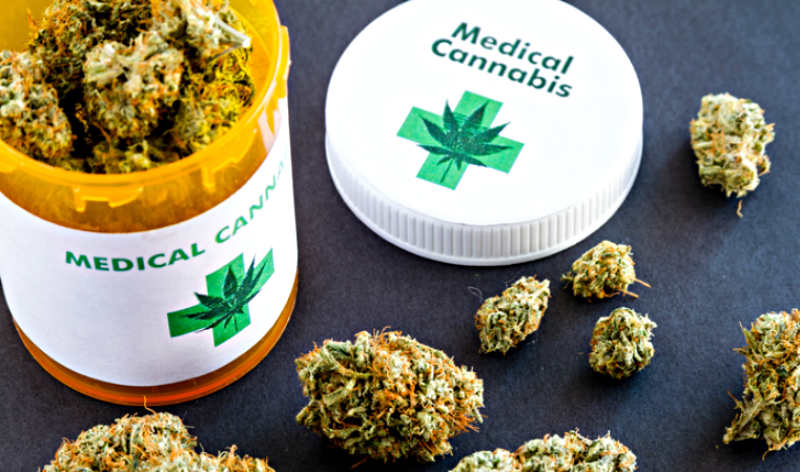Prescription Drug Use Plunges in Legal Cannabis States
LOS ANGELES- According to a Cornell researcher, legalizing recreational cannabis reduces demand for expensive prescription medications through state Medicaid programs.
The amount of prescriptions for pain, depression, anxiety, sleep, psychosis, and seizures decreases dramatically when states legalize cannabis, according to the study.
The research was carried out by Shyam Raman, a PhD student at Cornell’s Jeb E. Brooks School of Public Policy, and Ashley Bradford, a doctoral student at Indiana University. Their study was published in the journal Health Economics on April 15 and is titled “Recreational Cannabis Legalizations Associated with Reductions in Prescription Drug Utilization Among Medicaid Enrollees.”
The majority of cannabis research has focused on the influence of medicinal cannabis on prescription drug demand or the impact of legalizing recreational cannabis on opioid demand. This is one of the first studies to look at how legal personal-use cannabis affects a wide range of prescription medications.
“These findings have far-reaching ramifications,” Raman explained. “The decreases in drug usage that we discover could result in significant cost savings for state Medicaid programs.” The findings also point to a way to lessen the harm caused by serious side effects associated with some prescription medicines.”
Raman and Bradford based their research on an examination of data from the Centers for Medicare and Medicaid Services in all 50 states from 2011 to 2019, a time during which the number of states allowing personal cannabis use increased.
Around 40 states have approved medical cannabis, which requires a doctor’s prescription. About 20 states have allowed personal-use cannabis for all adults so far, but that number is expected to grow. Raman and Bradford discovered a significant change in demand for medications to treat sleep and anxiety disorders in such states, but no effect on drugs to alleviate nausea.
Raman and Bradford point out that cannabis usage is not without risk, citing numerous research that link it to the onset of anxiety and psychoses like schizophrenia. Furthermore, people who use cannabis to manage their medical ailments may be less likely to contact their doctor, resulting in gaps in primary care.




































